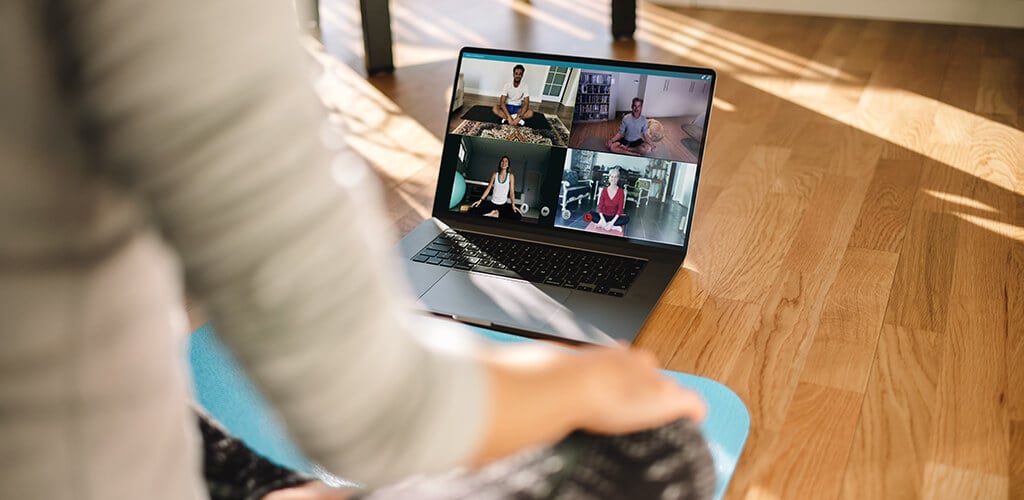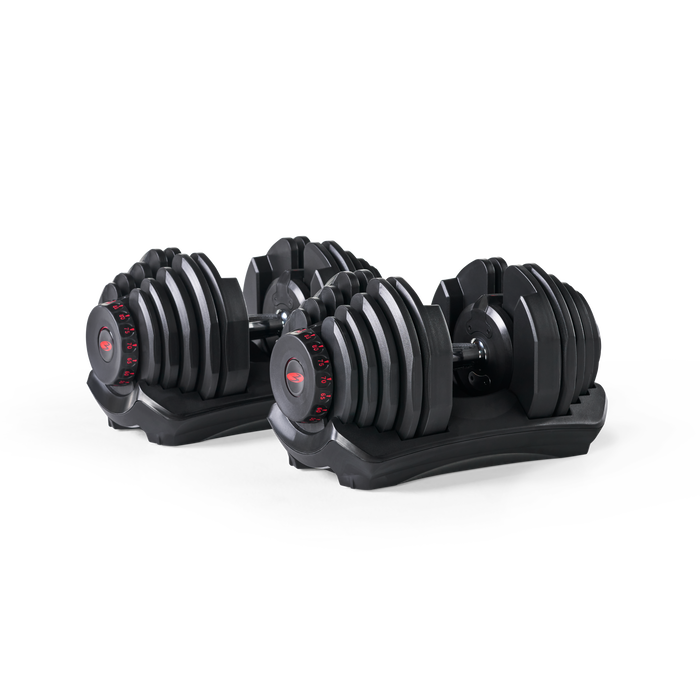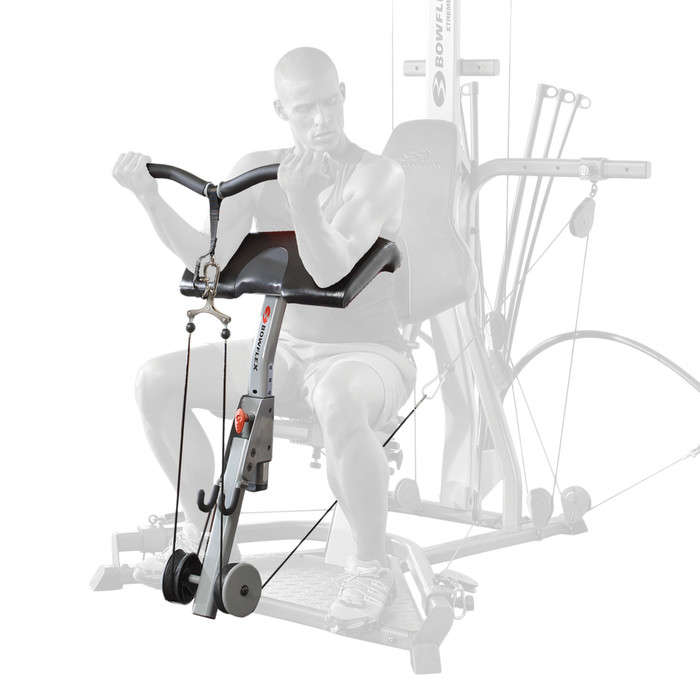Meditation 101

If you feel stressed, fatigued or maybe even disconnected from what is happening around you, how you respond sets the tone for your day and can dictate your overall health. Society is slowly learning how vital it is to take time for yourself and combat negative feelings – one method of self-care that has resurfaced is the practice of meditation.
Around the world, meditation is used to find inner harmony, reduce stress, improve focus, and increase calmness. The best part? Anyone can do it from anywhere. If you noticed, we noted meditation is a practice, because finding mindfulness and peace is a journey. The practice of meditation does not end after sitting crisscross on the floor for a few minutes – this is where it begins. By practicing for a few minutes a day, people can become more in tune and mindful in their everyday life.

Here are a few tips to get you on the path to relaxation and inner calmness:
A Little Goes a Long Way: One of the biggest excuses for not tending to well-being is time. However, with meditation, there is no room for excuses. Even a few minutes of meditation can make a difference in how you feel and have long-lasting benefits. Designate a few minutes for practice each day – in the morning when you first wake up or in the evening before going to bed – this will help you establish a routine.
Find Your Happy Place: When people think about where meditation should take place, what may come to mind is sitting on a beautiful mountain overlooking the ocean. The reality may be finding a quiet place in your basement away from your kids while the candlelight flickers. While it is important to feel comfortable, the practice of meditation itself will help you bring peace to wherever you are – including your basement. So grab a comfortable pillow and get ready to meditate!
Practice Makes Perfect: Once you have established a time and a comfortable space, close your eyes and direct your focus to taking long, deep breaths. Your mind will inevitably roam during a practice, but what it is important is to not judge or reprimand yourself. Simply acknowledge the thought and why you are having it, and then re-center your focus to how you feel, what your body is doing and your breath.
Lastly, it is important to close your meditation with kindness. Thank your body, mind, and the space you are in for this time and how they have made you feel now. Never finish a practice with negativity on how you could have done better. The journey of meditation is more important than the destination because in reality there is no such thing as “perfect” meditation, we are all just practicing.
You may also like
Don't Wait – Meditate





























